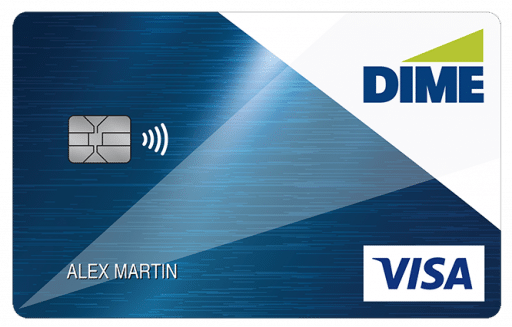
Security
Phone Call Scams
These scammers may try to steal your money or personal information by “spoofing” or pretending to be someone they’re not. Scams may come through phone calls from real people, robocalls, or text messages.
Tips For Avoiding Phone Call Scams
A scammer might
- Use caller ID spoofing to make incoming calls appear to be from trusted sources. The number that displays on your Caller ID may look as though it’s coming from a bank, government agency, business, or even someone in your contacts list to trick you into answering the call. If you respond, they employ scam scripts to steal your money or valuable personal information for fraudulent purposes.
- Neighbor spoofing is a form of spoofing in which robocallers display a number similar to your own on your caller ID to increase the chance that you’ll answer the call.
- Callers often make false promises, such as opportunities to buy products, invest your money, or receive free product trials. They may also offer you money through free grants and lotteries. Some scammers may call with threats of jail or lawsuits if you don’t pay them immediately.
What to look for
- Don’t answer calls from unknown numbers. If you answer such a call, hang up immediately.
- If you get an inquiry from someone who says they represent a company or a government agency, hang up and call the phone number on your account statement or on the company’s or government agency’s website to verify the authenticity of the request. You will usually get a written statement in the mail before you get a phone call from a legitimate source, particularly if the caller is asking for a payment.
- A claim that you have been specially selected.
- Use of high-pressure sales tactics and “limited-time” offers.
- Reluctance to answer questions about the business or the offer.
- Request that you “confirm your personal information.”
- Request payment by means other than credit card –including cash, gift card, wire transfer or private courier.
- Request your credit card or other payment mechanism for “shipping and handling.”
- Use of threats if you don’t comply – even the threat of arrest.
- The call starts with a prerecorded message – typically called a “robocall.”
- Claims you have a virus on your computer or requests to log in to your computer
- They claim to be a friend or relative urgently needing money without allowing time for consultation or verification.
What you can do
- · Talk to your phone company about call blocking tools and check into apps that you can download to your mobile device. The FCC allows phone companies to block robocalls by default based on reasonable analytics. More information about robocall blocking is available at fcc.gov/robocalls.
- Enroll for free in the federal do-not-call list at www.donotcall.gov. This can help limit the number of scam calls you receive.
- If you receive a robocall, hang up the phone, block their number, then report the phone number to your provider.
How to Report
- If you or your business fall victim to a Business Email Compromise scam, it’s important to act quickly. Contact your financial institution immediately to request funds recall.
- Regardless of the amount lost, report the scam to the FTC. The FTC accepts complaints about most scams, including phone call scams.
- To report spoofing or phishing attempts—or to report that you’ve been a victim—file a complaint with the FBI’s Internet Crime Complaint Center (IC3).
Other Scams to be on the look out for
Stay informed and stay safe! Scammers keep evolving their tactics, so it’s important to stay up-to-date on the latest scams in order to protect yourself and your loved ones.
Fraud Prevention Solutions
Your security is our top priority. That’s why Dime offers fraud prevention solutions that can help you identify, report, and prevent fraud.
Check
Positive Pay
Check-based fraud prevention by matches checks presented for payment against a list of checks issued by your business.
Learn MoreACH
Positive Pay
Prevent fraud related to ACH transactions by using our system, which enables your business to monitor and manage such transactions. You can use filters and blocks to ensure that all ACH transactions posted in your account are legitimate.
Learn MoreDebit Card
Security
Protection from identity theft and unauthorized spend.
• ID theft protection*
• Zero liability protection**
• Fraud monitoring text alerts
Learn MoreSavvy
Money
The first step toward improving your credit is understanding your credit. That’s why Dime online banking includes Savvy Money. A service that helps users access their rating, learn the factors most impacting it, and how to improve it.
Learn More* Terms, conditions, limitations and in some cases enrollments are applicable – please see the Mastercard Guide to Benefits for Debit Cardholders.
** You’re not responsible for unauthorized transactions that you promptly report to us if you have taken ordinary care of your card and PIN.

